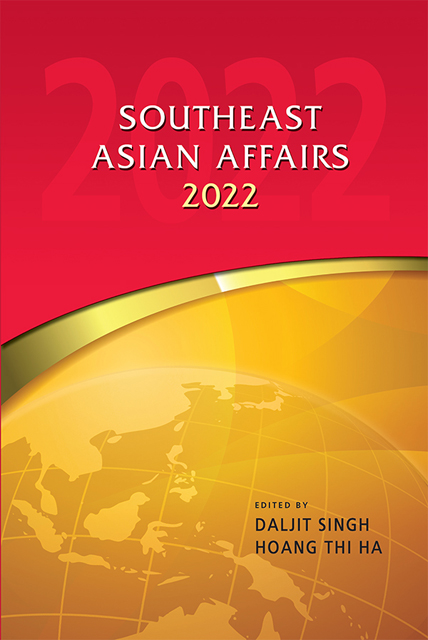Malaysia’s Relations with the United States and China: Asymmetries (and Anxieties) Amplified
Published online by Cambridge University Press: 01 September 2023
Summary
Malaysia’s relations with the United States and China are characterized by asymmetry—that is, inequality in abilities, attention and actions. As the two powers vie for influence, they have at times displayed, intended or otherwise, their capabilities to help or harm the interests of weaker states. In recent years, US-China rivalry has mounted and system-wide uncertainties have deepened across the Indo-Pacific region. These trends will continue in the foreseeable future, with ramifications for weaker states in Southeast Asia and beyond, Malaysia included.
While these asymmetries and their consequences have been recurring themes in Malaysia’s relations with both powers, in 2021 they were amplified because of developments at global, regional and bilateral levels. Malaysia responded to these challenges and opportunities in an uneven fashion: prudent and pragmatic (albeit often low-profile) on some issues, while incoherent, inactive and even inappropriate on others. These mixed patterns were evident not only under the Muhyiddin Yassin–led Perikatan Nasional–plus regime, which took over from the Mahathir Mohamad–led Pakatan Harapan government in March 2020, but also under the current Ismail Sabri Yaakob–led ruling coalition that replaced the Muhyiddin government in August 2021.
We argue that Malaysia’s mixed responses are a result not only of concerns over the systemic action-reaction between the powers but also of domestic complexities that coincided with and were complicated by COVID-19 challenges. Chief among these complexities are the elites’ domestic preoccupations, policy indecisiveness, and bureaucratic inertia vis-à-vis the rapidly evolving geopolitical environment. The rationales of several policy positions were inadequately or ineffectively articulated, resulting in resentment internally and misinterpretations externally.
External asymmetries and uncertainties have intensified at a time when Malaysia faces unprecedented internal changes and challenges on multiple fronts. Following the 2018 general elections that ended the United Malays National Organisation–led Barisan Nastional’s sixty-one-year rule, Malaysia underwent three changes of government in three years, and there are still uncertainties ahead. For a country known for political stability, this is an unusual internal development. Since 2020, as the rest of Southeast Asia and the world fought the COVID-19 crisis, Malaysia’s successive ruling elites have not only been battling the pandemic and attempting to rebuild the economy, but have also been struggling for their political survival.
- Type
- Chapter
- Information
- Southeast Asian Affairs 2022 , pp. 211 - 232Publisher: ISEAS–Yusof Ishak InstituteFirst published in: 2023



